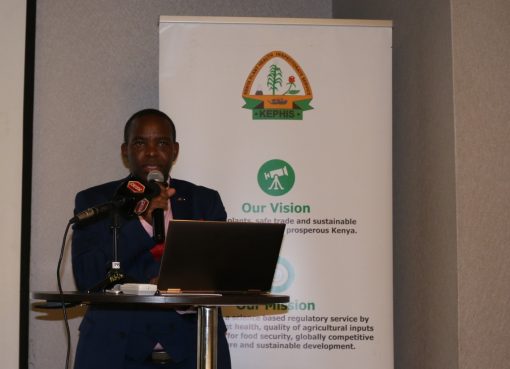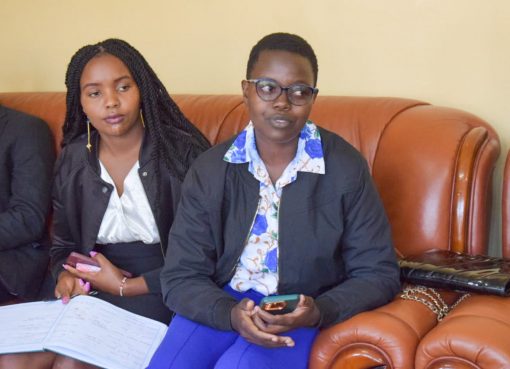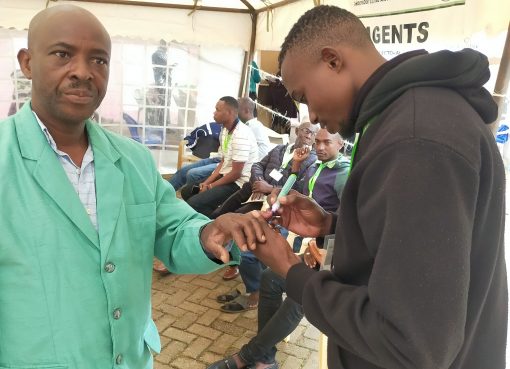Children without paternal identity in the larger Kisii region are encountering difficulties getting inheritance property once they come of age, even after innocently growing up in family settings with a father figure.
Nyamira South Sub County children’s officer Billy Adera said boys are most affected because they only get to learn late in life, especially after death or when couples separate that the ‘father’ who brought them up is not their biological parent.
“Such children come to learn with shock that they don’t actually belong to the family they have grown into, when property is being divided amongst their ‘siblings’ and are unapologetically left out with a simple explanation that they should look for their real fathers to give them property,” Adera noted.
A clan elder at Bomabacho in Magwagwa division Evelyn Mogaka told KNA Saturday that when mothers who either gave birth to children before marriage or separated from a previous marriage with children get another lover to marry, they fear that revealing the initial biological father of the children in her new marriage will trigger resentment in the new found relationship, hence the decision to conceal such information.
“The fear of facing rejection from family members for begetting children out of wedlock or putting up with perpetual scolding from the community for remaining unmarried, compels many women to jealously guard past social engagements as top secrets from anyone, especially if it could have a negative impact on the current marriage,” Mogaka explained.
“Women need to be sensitized on the importance of revealing their children’s paternal identity early enough so that their biological fathers can also be psychologically prepared to take up parenting responsibilities arising from their past marital affairs to avoid making innocent children suffer as they searched for looking mysterious fathers,” Adera suggested.
The children’s officer was optimistic that if all children could trace their fathers, it would reduce the number of children being taken to charitable institutions, which deny them the natural home environment recommended for their holistic growth.
By Deborah Bochere




